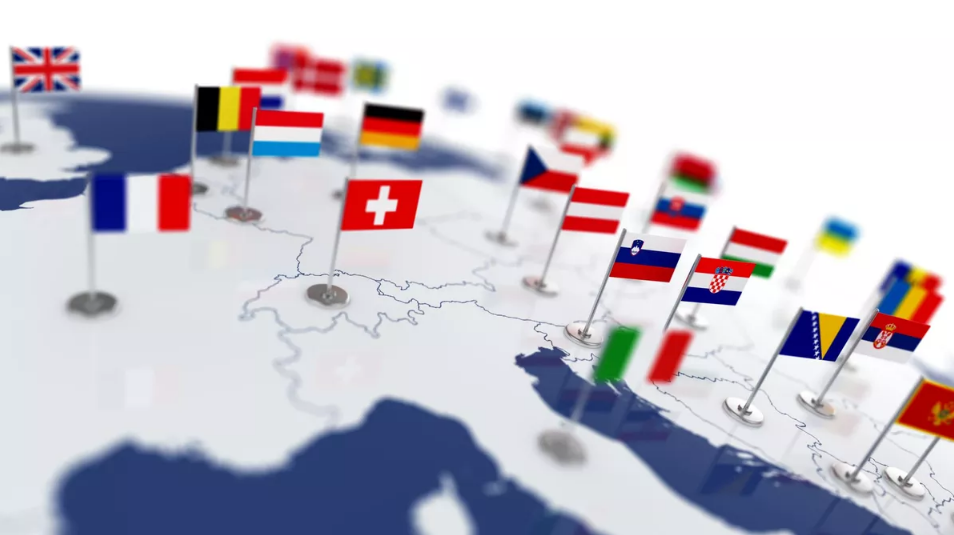From October 30 to November 3, World Science Francophonie Week takes place in Quebec City. 104359443/Denys Rudyi – stock.adobe.com
FIGAROVOX/TRIBUNE – On the occasion of World Scientific Francophonie Week from October 30 to November 3, Quebec’s French Language Commissioner Benoît Dubreuil called on stakeholders in the Francophonie to work together to promote our language in teaching and research.
Benoît Dubreuil is Quebec’s French Language Commissioner.
Over the past few decades, the English language has gained an unrivaled place in the world of science. Monolingual English is now the norm in publications and international meetings. In teaching and learning, his progress is undeniable. Sharing a common language offers clear benefits to the scientific community. It facilitates the circulation of knowledge and ideas across national and language boundaries.
However, this new monolingualism leads to increasingly well-known drawbacks. It penalizes researchers whose first language is not English, disadvantages research on locally and nationally relevant topics, hinders the dissemination of knowledge within institutions that fund research organizations, and affects the quality of training in higher education. Among politicians and research stakeholders, the consensus is now well established: we cannot fully exploit science done only in English. But a question arises: how to fix it?
Until recently, monolingual translation was a limited solution in science due to its costs and processing times. However, recent advances in machine translation are changing the situation. Today, one click is all it takes to translate text into the language of your choice. Speech recognition and synthesis can translate speech instantly.
Responsible use of machine translation is possible. This is why I recommend that stakeholders in the French-speaking world take concerted action to maximize the benefits of these technologies for science and avoid their risks.
Benoit Dubreuil
However, the use of translation technologies is not without risk. They can compromise the confidentiality and copyright of content or let subtle errors slip into a flawless translation. They impoverish the French language by depriving it of the richness of its vocabulary or by disrespecting its uniqueness. Despite these risks, responsible use of machine translation is possible. This is why I recommend that stakeholders in the French-speaking world take concerted action to maximize the benefits of these technologies for science and avoid their risks.
From October 30 to November 3, World Science Francophonie Week takes place in Quebec. I would like to take this opportunity to publish an opinion on the subject French, the language of knowledge? For a structured approach to using machine translation in a research contextIn it I present to Quebec, France and other French-speaking states the practice of restoring the place of French in science.
In particular, I propose the establishment of a coordination center throughout Francophonie to carry out the various mandates. The Center will, in particular, manage the collection and processing of textual data to create a high-quality multilingual institution in all scientific disciplines. He will work on revitalizing scientific terminology in French and perfecting automatic translation mechanisms to suit the specialties of the scientific world.
Universities can ensure the presence of French in the scientific events they host or translate their most important publications into French.
Benoit Dubreuil
However, its activities go beyond translation and discourse tasks. To reassert the French – and multilingual – place in science, it is necessary to express oneself with the same voice. The center will rely on the open science movement to liberate scientific texts from their copyright and improve their translation into French. It will take steps to encourage the multilingual dissemination of research on their platforms by systematically integrating translation into their publishing process for major scientific publishers. Finally, it will develop an innovation strategy adapted to scientific content in French using artificial intelligence and its development.
Achieving this ambitious agenda will require the collaboration of scientists, advocates and information professionals. It should be supported by local or national level action. Indeed, nothing prevents universities and other research partners from acting now to promote the French language – as well as multilingualism – in their communities. As I propose in my opinion, universities can train their communities to benefit from machine translation in teaching and research. They can ensure that the scientific events they host are in French or translate their most important publications into French.
All these measures are not trivial. Ultimately, they will solve much of the efficiency and equity issues associated with monolingualism in science and lay the foundation for a healthy coexistence between languages.
” data-script=”https://static.lefigaro.fr/widget-video/short-ttl/video/index.js” >

“Beeraholic. Friend of animals everywhere. Evil web scholar. Zombie maven.”






More Stories
An English professor talks about her Mercury Prize nomination and her ‘competition’ with Beyoncé
Bac 2024: English Language Course for Examination Centers Abroad (LLER) (Europe, Africa etc.)
Once Human Language Change: How to Play in English or Japanese?